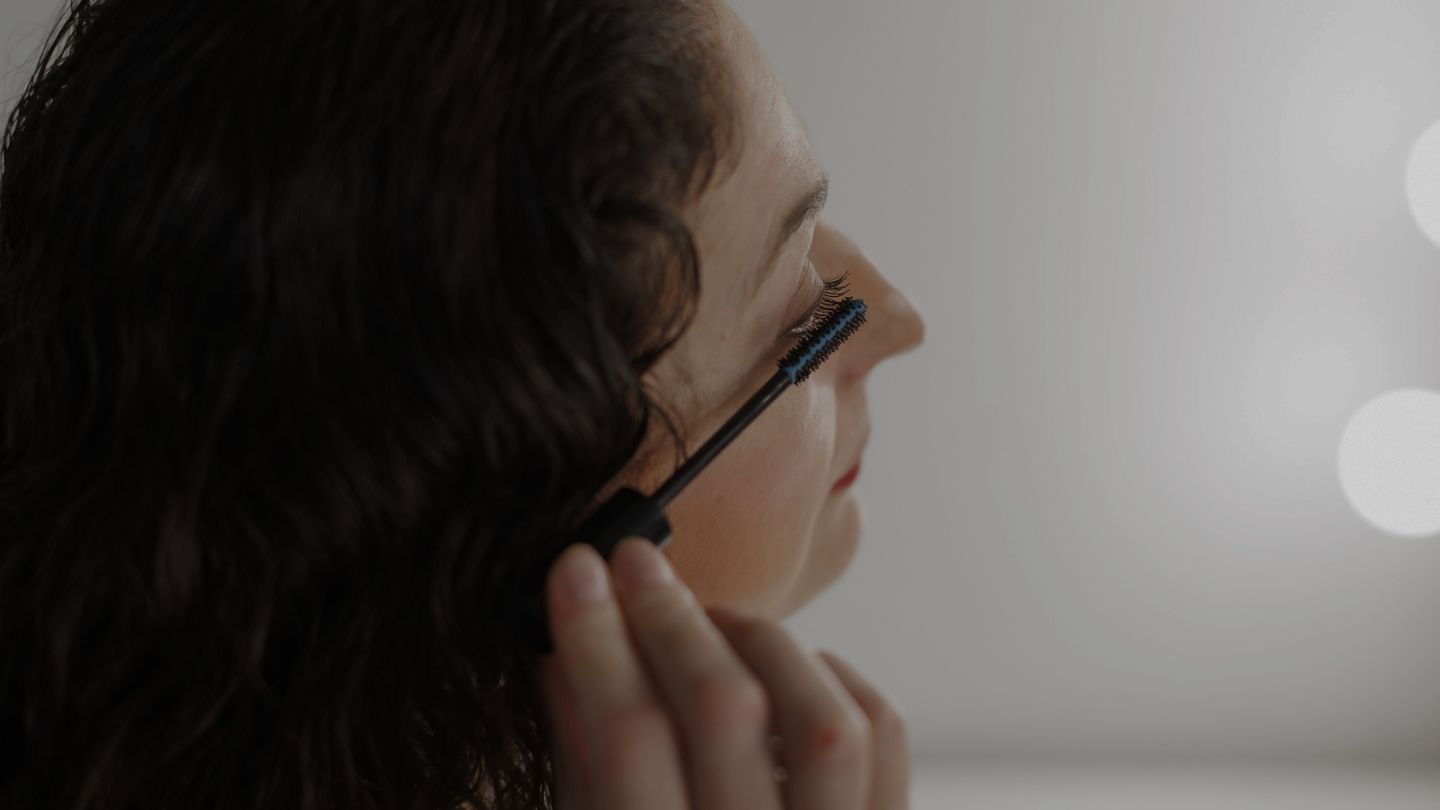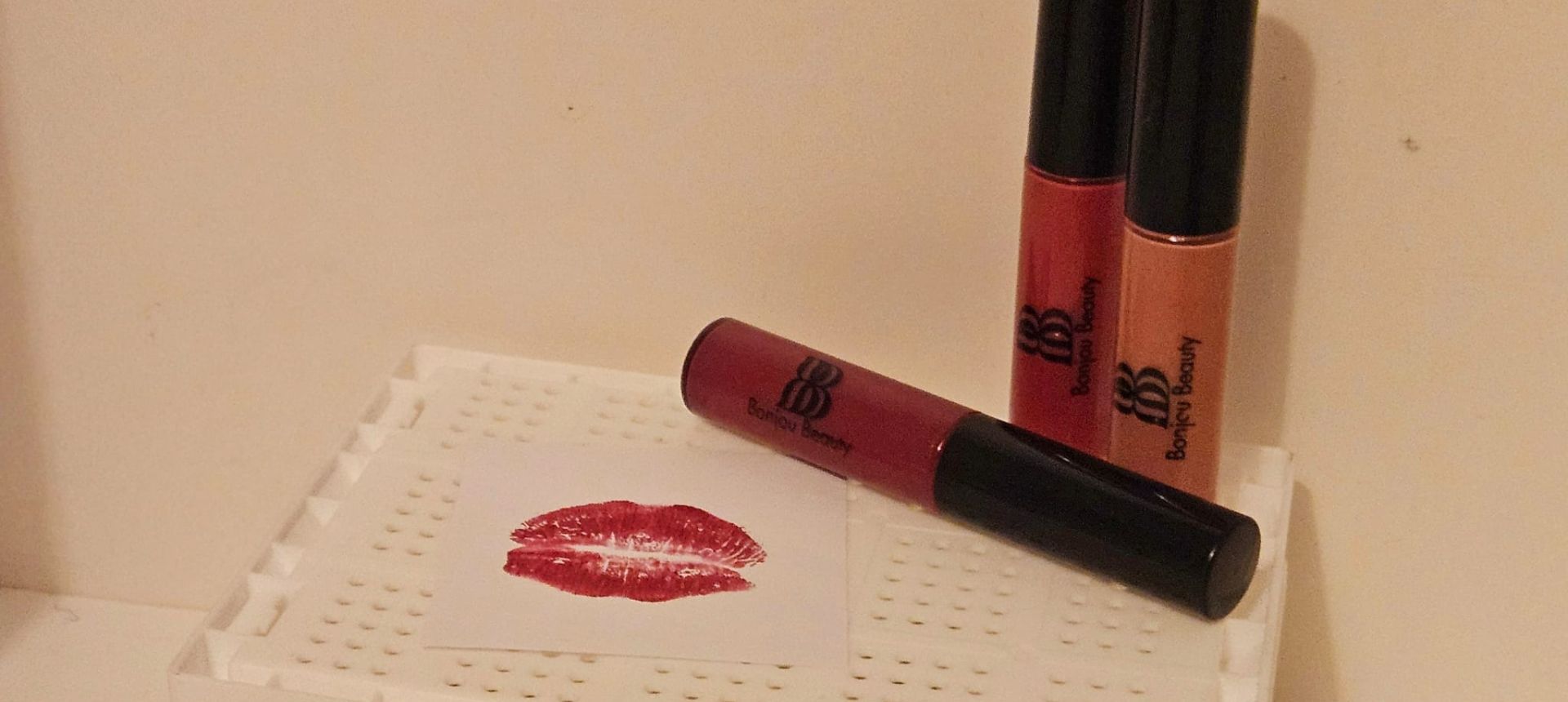Part one of the series is about ways to be more sustainable in your day-to-day. Since it can take time to make life changes, hopefully, some of these tips can help ease you into it if you’re looking to make some changes.
The list is just a start. There are many other things you can do! The next article will provide tips for being more sustainable in your bathroom, and the third will target food sustainability.
I left out some major things I’ve done, like switching to energy-efficient laundry. That could be a post on its own.
Side note
Many people in other parts of the world already do it. But an energy-efficient washer/dryer combination that takes four to five hours per load to finish is less familiar in North America. In fact, when people find out I use one, they can’t understand how it saves energy or money. Especially when full loads of laundry in traditional washers and dryers can be done in under an hour. But it does!
Sorry for the side note – although it was relevant to the article! So, without further sidetracking, here are my tips!
Thirteen of my best ways to be more sustainable in your day-to-day
As an added bonus – these tips all help save money as well!
- Handwash your clothes as much as possible. Make sure to turn off the water while gently scrubbing your clothes. )I started with this one because I do this when not using my washer/dryer.
- Hang your clothes to dry.
- Unplug your devices when you’re not using them.*
- Open your blinds during the day to use as much natural light as possible before turning on your lights.
- Use energy-efficient lightbulbs instead of regular ones. They may cost more upfront but save money if you’re paying energy bills. You’ll notice over time.
- Remember to turn off your lights when you leave a room.
- Use cloth instead of paper towels.
- Go digital as much as possible:
- Send e-cards instead of paper.
- Ask for digital copies of receipts instead of paper receipts.
- If something must be printed out, print double-sided when possible.
- Switch from plastic to glass products when buying food items or food storage. Reuse the glass items for additional storage.
- If you have a car, try walking or biking to places within a reasonable distance instead of driving.
Bonus tip: Buy sustainable fashion or second-hand clothes.
*According to the US Natural Resources Defense Council, the cost of unused but plugged-in devices generates 44 million tons of carbon in the US alone.
If you need some more of my best ways to be more sustainable, check out our sustainable living resources or read more articles on our blog for more tips.
If you have any ideas you’d like to share, drop them in the comments!

























